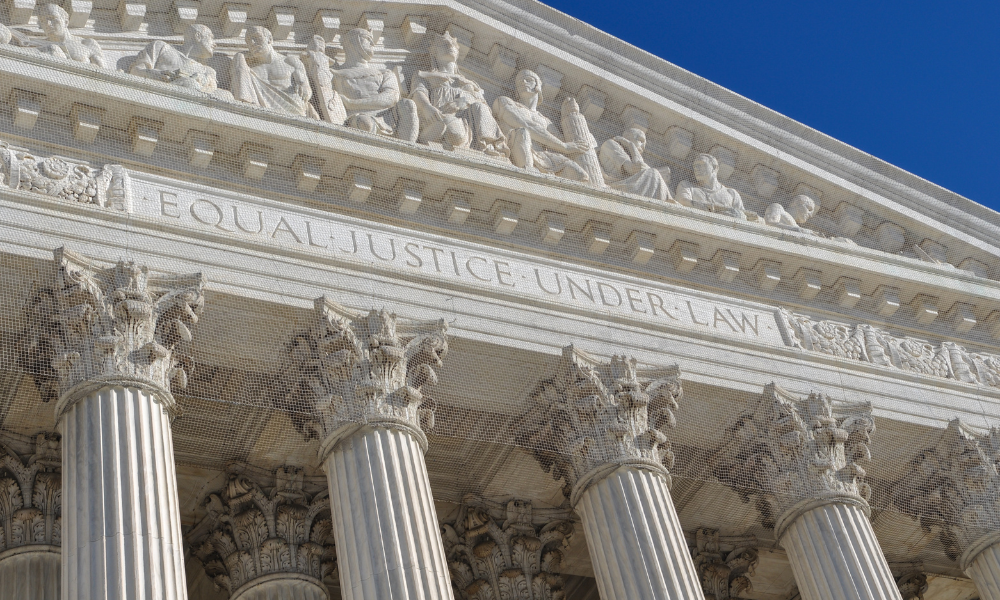
Roberts cautions against using impeachment to challenge court rulings

US chief justice John Roberts reaffirmed his stance on judicial independence Wednesday, delivering implicit criticism of president Donald Trump’s recent attacks on judges who have blocked parts of his agenda.
Speaking at a judicial event in Buffalo, New York, Roberts stated plainly: “Impeachment is not how you register disagreement with decisions.” Though avoiding direct mention of the president, the timing and substance of his remarks left little doubt about their context.
According to Reuters, the comments follow months of escalating tension between the judiciary and the White House. Since Trump’s January return to office, his administration has faced a barrage of legal challenges, with over 200 lawsuits targeting his policies. In response, Trump’s Justice Department has filed an unprecedented 13 emergency requests to the Supreme Court in just 15 weeks.
Trump, alongside Republican allies in Congress and advisor Elon Musk, has openly advocated for impeaching judges who rule against his initiatives—a position that prompted Roberts to issue a rare public rebuke in March after Trump attacked a judge who halted the deportation of Venezuelan migrants.
“This job is to obviously decide cases, but in the course of that, to check the excesses of Congress or the executive, and that does require a degree of independence,” Roberts told the audience, drawing applause from the gathered legal professionals.
The Supreme Court, led by Roberts with its 6-3 conservative majority, has delivered a mixed record on Trump’s policies. The court recently permitted the administration’s transgender military ban and allowed cuts to teacher training grants tied to diversity programs. However, justices have also checked presidential power in cases involving foreign aid organizations and deportation practices.
Despite the public tensions, Roberts noted that relationships among the nine justices remain collegial, even as they frequently split along ideological lines in major cases.
The Supreme Court is scheduled to hear arguments on May 15 regarding Trump’s executive order attempting to restrict birthright citizenship.